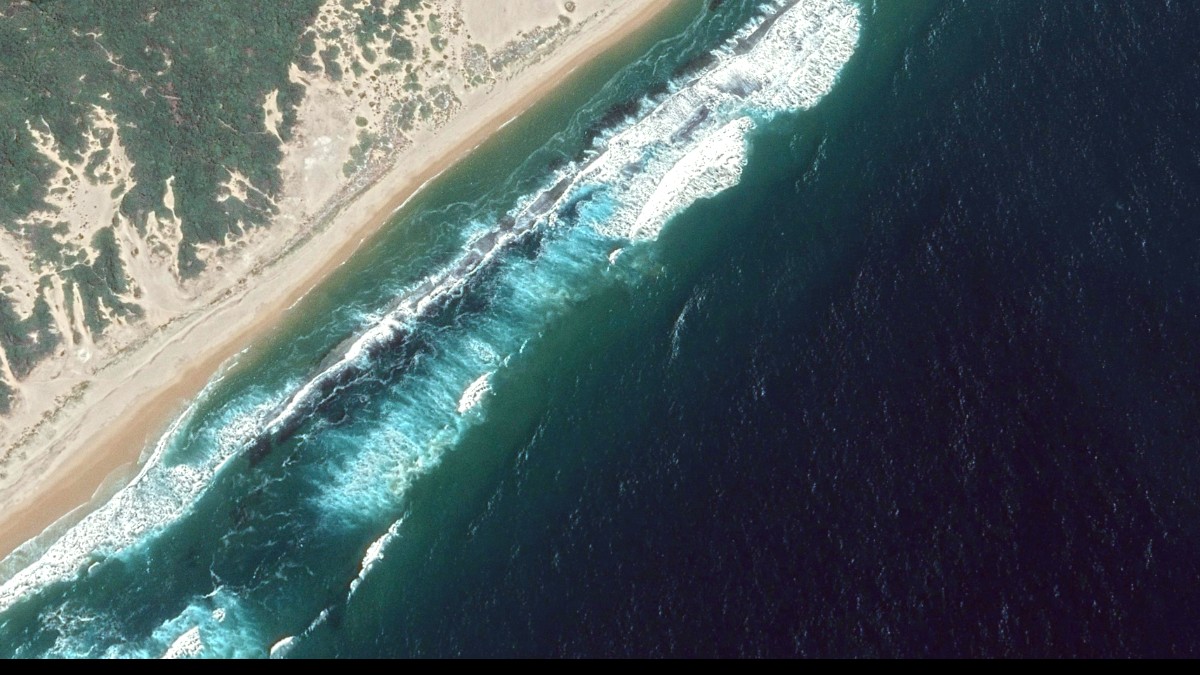
Mozambique
Mozambique has three main mobile providers: Vodacom Mozambique, Movitel, and Tmcel (formerly mCel). All offer good coverage in and around Inhambane town, Tofo, and Barra.
Wi-Fi is available at most hotels, lodges, and dive centers in Tofo and Barra, as well as in Inhambane town. The quality and speed of Wi-Fi can be inconsistent.
Portuguese is the official language of Mozambique. In Inhambane province, local languages like Gitonga, Chopi, and Tswa are widely spoken.
Local SIM cards and translation apps streamline your journey. Learning a few Portuguese phrases shows respect and opens doors to warmer interactions.
Familiarize yourself with typical operating hours to plan your days efficiently.
Generally open Monday to Friday, from 8:00 AM to 12:00 PM and then from 2:00 PM to 4:00 PM.
Typically open Monday to Saturday, from around 8:00 AM to 5:00 PM or 6:00 PM. Many smaller shops may close for a siesta (12:00 PM to 2:00 PM).
Hours vary. Tourist-focused restaurants in Tofo may open earlier and close later than local eateries in Inhambane town.
Banks generally open Monday to Friday, from 8:00 AM to 3:00 PM.
Public holidays affect services and transport schedules.
Verify business hours, especially around holidays or during the low season, to ensure a seamless travel experience.
Always greet people when entering a shop, restaurant, or starting a conversation.
Choose clothing suitable for different settings.
Dining is generally relaxed. Service may proceed at a slower pace.
Certain topics are best avoided unless invited by a local you know well.
A smile and basic Portuguese phrases go a long way. Dress and act with respect for local customs, especially outside tourist hubs.
Travelers with mobility challenges or other specific needs will find limited infrastructure in Inhambane.
Mozambique, including Inhambane, has very limited infrastructure for travelers with mobility challenges.
Few, if any, attractions are specifically designed for accessibility.
No specific services are formally provided for travelers with visual or hearing impairments.
Travelers with specific accessibility needs are strongly advised to contact their chosen accommodations and tour operators directly in advance.
Infrastructure for accessibility remains limited. Direct communication with service providers prior to booking is important for travelers with specific needs.